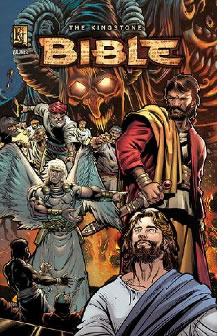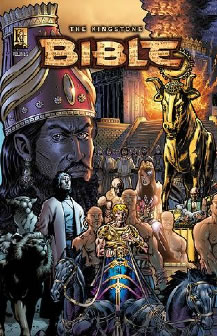Description
In 1848, Ellen Craft became invisible. Ellen, a slave from Macon, Georgia, took trains and steamboats north, but the people all around couldn t see her. They saw only a white man. Ellen Craft s mother was a slave, but her father was her master, and she had skin as white as his. So she posed as a white man, while her husband William posed as her slave. Ellen vanished, and she became William Johnson an ailing gentleman seeking medical treatment in Philadelphia. The Invisible Woman is based on a true story one of the boldest escapes in American history. It was an escape driven by prayer, audacity, and the desire for family. William and Ellen knew they could never have children until they were free, so they embarked on the greatest of escapes, running a thousand miles to freedom. Their incredible story riveted a nation, and it put the Fugitive Slave Act to the test, bringing attention to their plight all of the way to the White House. The ultimate irony: The invisible woman became one of the most visible symbols of freedom in 19th Century America.
About the Author:
Doug Peterson is a Gold-Medallion-winning author with a storied writing career. He is a versatile writer and the author of 60 books, including three historical novels with Bay Forest—The Disappearing Man, The Puzzle People, and The Vanishing Woman.
After writing for the VeggieTales series, Doug made a successful transition to historical novelist. He has emerged as a popular author and speaker on history, doing events at the Museum of Man in San Diego, the National Underground Railroad Freedom Center in Cincinnati, the Abraham Lincoln Presidential Library and Museum in Springfield, Malone University in Canton, and numerous schools in Illinois, Ohio, and Tennessee.
In addition, The Disappearing Man was selected by Canton, Ohio, for its 2011 One Book, One Community program. Doug is currently working with an actress/director on her first-person portrayal of Ellen Craft, heroine of his latest novel, The Vanishing Woman. Ellen Craft, a light-skinned slave, escaped in 1848 by posing as a white man, while her husband pretended to be her slave.
Other highlights of Doug’s writing career include:
- Author of 42 books for the popular VeggieTales series
- Co-storywriter for the best-selling VeggieTales video, Larry-Boy and the Rumor Weed
- Science writer for the University of Illinois for over 30 years
- Author of over 500 stories and articles published in more than 20 magazines
- Author of “The Career of Horville Sash,” a popular short story made into a music video featuring Grammy-winner Jennifer Warnes
- Co-writer of “Roman Ruins,” an episode in the bestselling line of How to Host a Murder party games
Doug lives in Champaign, Illinois, with his wife Nancy (a therapist for over 30 years), and they have two grown sons. His next novel, due out in 2013, will deal with Civil War spies and submarines.
You can find him on Facebook under “Doug Peterson Author.” Also, check out his website and “History By The Slice” blog at: www.bydougpeterson.com.
What people are saying:
“Doug Peterson takes us into the story of Henry ‘Box’ Brown, a slave in Richmond, Virginia, who makes a daring escape attempt by allowing himself to be shipped north in a wooden box. Henry was an amateur magician, and with the help of a few others, he gave himself a chance to ‘disappear.’ This daring feat is mentioned in history books and archived diaries, but few Americans are aware of the tale. Peterson rights that wrong. Alternating chapters between the 1849 escape attempt and the earlier years of Henry Brown’s enslavement, the book picks up speed. I got hooked on the storyline in the past–the abuses, the romance, the friendships–only to find myself hooked again on the harrowing portions dealing with Henry’s imprisonment in the box. Henry’s foes are set on finding him before he reaches freedom, and each successive chapter, like a sprinter’s pounding feet, propelled the plot toward its climax…Overall, it is more than just fast-paced entertainment; it is an eye-opening and educational reminder of the importance of grace, acceptance, and equality. Even as the lives of many slaves blew away like windswept leaves, those leaves spread seeds and life that continue on into today. (Eric Wilson, New York Times Bestselling Author, Amazon Top 500 Reviewer)
ISBN 978-1-61328-081-2





